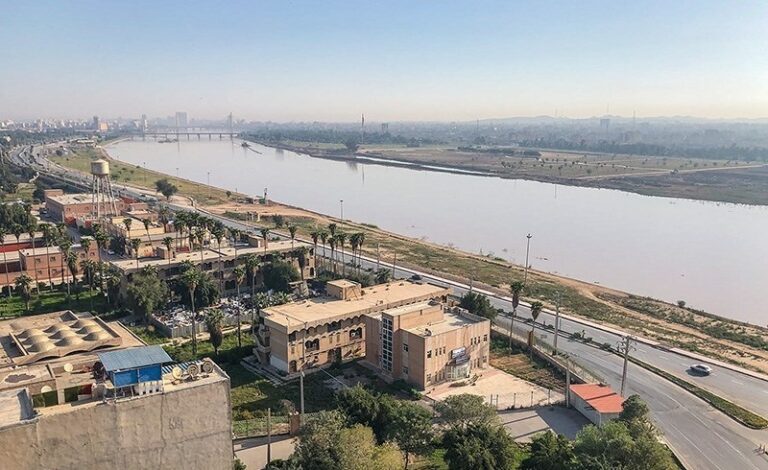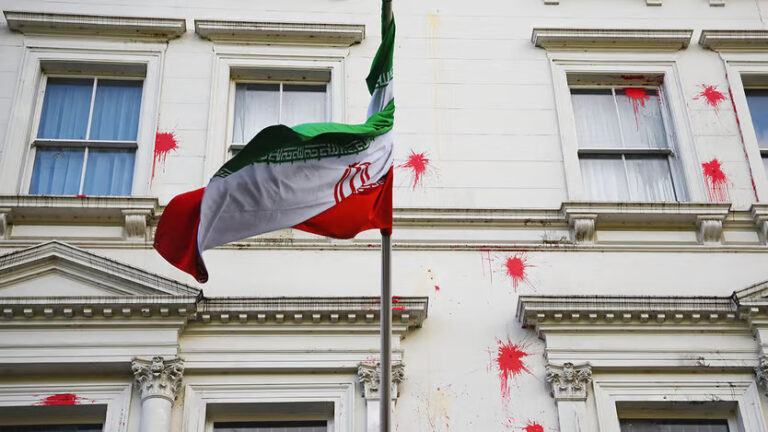
REUTERS – The Sunni-backed Iraqiya alliance of former Iraqi premier Iyad Allawi on Monday formally broke off coalition talks with Prime Minister Nuri al-Maliki, likely delaying even further the formation of a government.
Talks between Iraqiya and Maliki’s Shi’ite-led State of Law alliance did not begin until three months after the inconclusive March 7 vote, and the chances of a deal were always remote.
But the political impasse has stirred tensions as U.S. troops prepare to end combat operations this month, ahead of a full withdrawal next year, and raised the spectre of a return to widespread violence just as the bloodshed has begun to recede.
A spokeswoman for Iraqiya, Maysoon al-Damluji, said the bloc stopped negotiations with Maliki’s State of Law after he described Allawi’s group as Sunni, rather than cross-sectarian.
“We demand that he apologises, not to Iraqiya but to the supporters of Iraqiya who voted for a national project and not a sectarian one,” Damluji said.
Iraqiya official Intisar Allawi said more than 26 of its 91 elected lawmakers were Shi’ite, as was Iyad Allawi himself.
“So why does he call us a Sunni bloc? This is an insult,” she said.
Iraqis had hoped the March 7 ballot would lead to greater stability and prosperity seven years after the U.S.-led invasion ousted Saddam Hussein and triggered widespread slaughter between majority Shi’ites and once-dominant Sunnis.
Instead the resulting political uncertainty has been accompanied by persistent attacks and cast doubt on Iraq’s ability to attract the foreign investment it needs to rebuild after decades of war, sanctions and economic decline.
The number of civilians killed in July almost doubled to 396 from 204 the month before, according to government figures, as armed groups tested the mettle of Iraqi security forces ahead of a formal end to U.S. combat operations at the end of August.
The conundrum has stirred public anger.
This month, a dozen Iraqi civil rights groups presented a lawsuit demanding that bickering politicians form a new government or dissolve parliament to hold a new vote.
“All this (has) plunged the country into a crisis of which the consequences are unknown, of which the primary victim will be the Iraqi people in general,” women’s rights group al-Amal and the other organisations said in a statement on Monday.
NO OUTRIGHT WINNER
While neither won the majority needed to govern, State of Law won two seats fewer than Iraqiya in the 325-seat parliament.
Iraqiya won broad backing from Sunnis who see Allawi as a secular strongman willing to defend their cause and to stand up against Shi’ite power Iran.
State of Law merged after the election with Iraq’s other main Shi’ite-led faction, the Iraqi National Alliance (INA), to become the biggest group in the new parliament.
But Maliki’s desire to serve a second term has been fiercely opposed by some of his Shi’ite partners. That led him to start negotiations with Allawi. State of Law officials did not
immediately respond to a request for comment on Monday.
The United States, eager to stick to President Barack Obama’s schedule to end combat operations and cut troop numbers to 50,000 at the end of the month, has been urging Maliki and Allawi to cut a deal.
The decision to end the talks could propel Maliki back into the arms of the INA, but it could also energise negotiations between Iraqiya and the INA’s main elements, in particular the
Iran-friendly Supreme Islamic Iraqi Council (ISCI).
It was also likely to mean that establishing a new government will take even longer than many had hoped.











+ There are no comments
Add yours